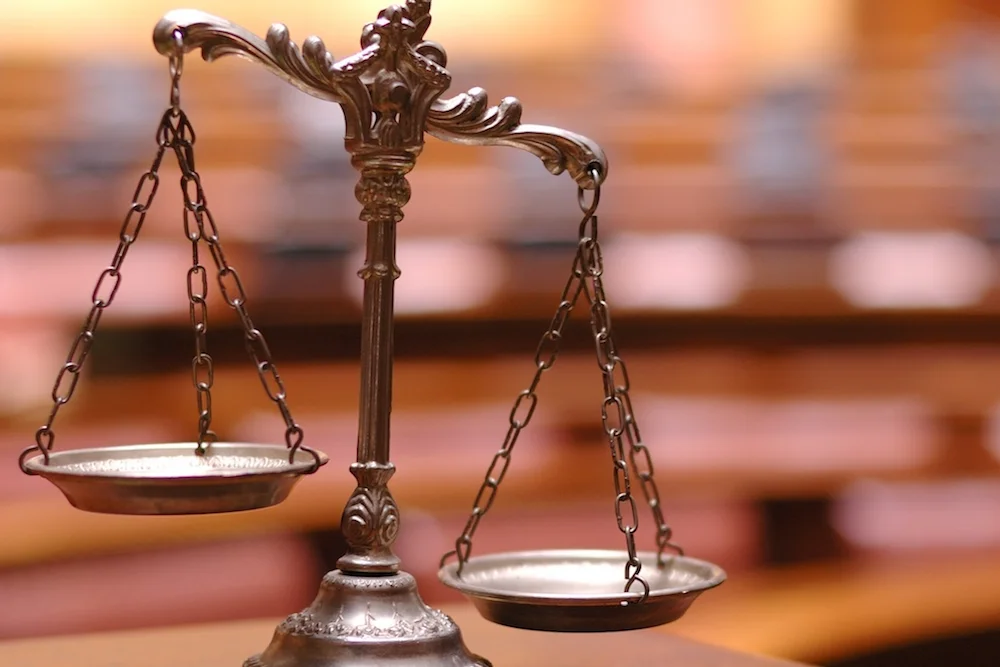PHILADELPHIA – A federal appeals court has upheld the trial court dismissal of a Souderton cellular phone repair and recycling company’s claim of unjust enrichment against an insurance agency based in New York City.
Judges D. Michael Fisher, Cheryl Ann Krause and Morton I. Greenberg ruled Jan. 9 to affirm a dismissal of plaintiff iRecycleNow’s allegation of unjust enrichment against defendant Starr Indemnity & Liability Company, filed and first decided in the U.S. District Court for the Eastern District of Pennsylvania.
Starr entered into an administrative services agreement with Global Warranty Group, LLC. Per the terms of the agreement, Global would administer service contracts and/or insurance policies for consumer cell phones underwritten by Starr. The agreement charged Global to create and oversee a checking account to manage the payment and disbursement of claims. Starr was responsible for depositing money into the account sufficient to fund claims made under the service plans.
Global would adjust and settle valid claims, issuing payments from the account to individuals and vendors who provided repair and replacement work on the cell phones, with plaintiff iRecycleNow being one of those vendors.
Global eventually went out of business, and Starr responded by filing a lawsuit against Global in New York state court, alleging Global made off with the money Starr deposited in the account. But, iRecycleNow did not join Starr’s suit or bring its own action against Global.
Instead, iRecycleNow sued Starr in the U.S. District Court for the Eastern District of Pennsylvania, filing a single count of unjust enrichment under Pennsylvania state law. iRecycleNow claims it is owed $667,136.71 for cell phone warranty work it performed.
The District Court granted Starr’s motion to dismiss the complaint, believing iRecycleNow failed to prove facts to demonstrate Starr’s enrichment was unjust. The Court also believed further amendment of the complaint would be futile, and thus dismissed the complaint with prejudice. This led iRecycleNow to appeal.
Through its appeal, iRecycleNow made two arguments: That the District Court used a standard limited to cases involving the construction industry, and even when applying that standard, that its complaint meets its qualifications.
Fisher said in order to prove a claim for unjust enrichment under Pennsylvania law, a plaintiff must allege facts showing “(1) A benefit conferred on the defendant by the plaintiff, (2) Appreciation of such benefit by the defendant, and (3) Acceptance and retention of such benefit under circumstances such that it would be inequitable for the defendant to retain the benefit without payment to the plaintiff.”
“Under Pennsylvania law, a third party (Starr) that benefits from a contract between two other parties (iRecycleNow and Global8) is not unjustly enriched unless the third party requested the benefit or misled the plaintiff into performing the contract. The District Court held that iRecycleNow failed to make this required showing, and we agree,” Fisher stated.
At the outset, the Third Circuit rejected the plaintiff’s argument that the standard used by the District Court is applicable only to the construction industry, and that Pennsylvania’s perspective on unjust enrichment claims brought against third parties has its origins in Section 110 of the Restatement of Restitution.
Section 110 reads: “A person who has conferred a benefit upon another as the performance of a contract with a third person is not entitled to restitution from the other merely because of the failure of performance by the third person.”
According to Fisher, nothing in Section 110 indicates it applies only to construction-based claims, and in fact, is very applicable to the context of the instant case. Fisher clarified though Section 110 has often been applied to construction project cases in Pennsylvania, this restitution restatement excerpt is not limited to that industry.
“We are likewise not persuaded by iRecycleNow’s submission that its amended complaint pleads a facially plausible unjust enrichment claim. iRecycleNow only alleges that Starr paid money into Global’s claims-disbursement account, that Global was responsible for administering the account, and that iRecycleNow was paid from the account,” Fisher said.
“The amended complaint contains not a word alleging that Starr requested a benefit from iRecycleNow or misled it in any way. Absent such allegations, no claim for unjust enrichment can be maintained, and the District Court was correct to grant dismissal,” Fisher said.
The plaintiff is represented by Michael D. Kristofco of Wisler Pearlstine, in Blue Bell.
The defendant is represented by Ross M. Chinitz of Starr Companies in New York City and Louis H. Kozloff of Goldberg Segalla, in Philadelphia.
U.S. Court of Appeals for the Third Circuit case 16-1570
U.S. District Court for the Eastern District of Pennsylvania case 2:15-cv-04452
From the Pennsylvania Record: Reach Courts Reporter Nicholas Malfitano at nickpennrecord@gmail.com
